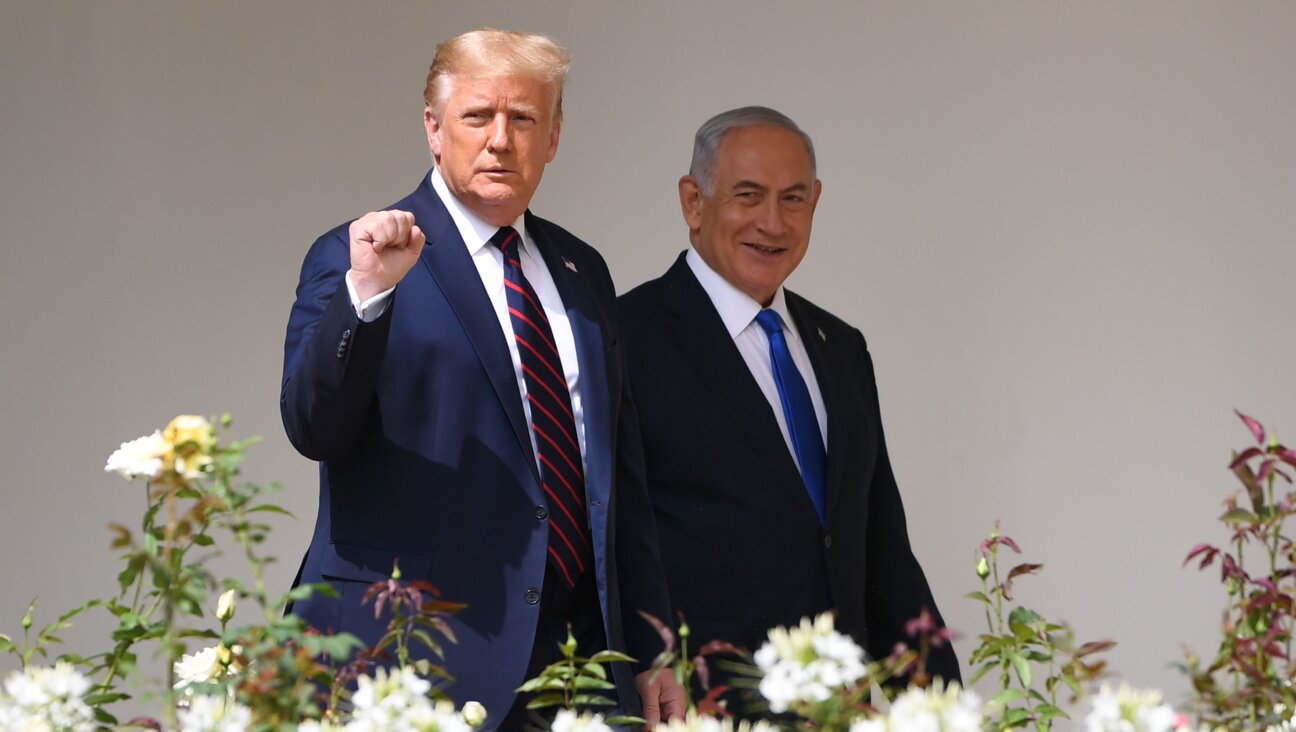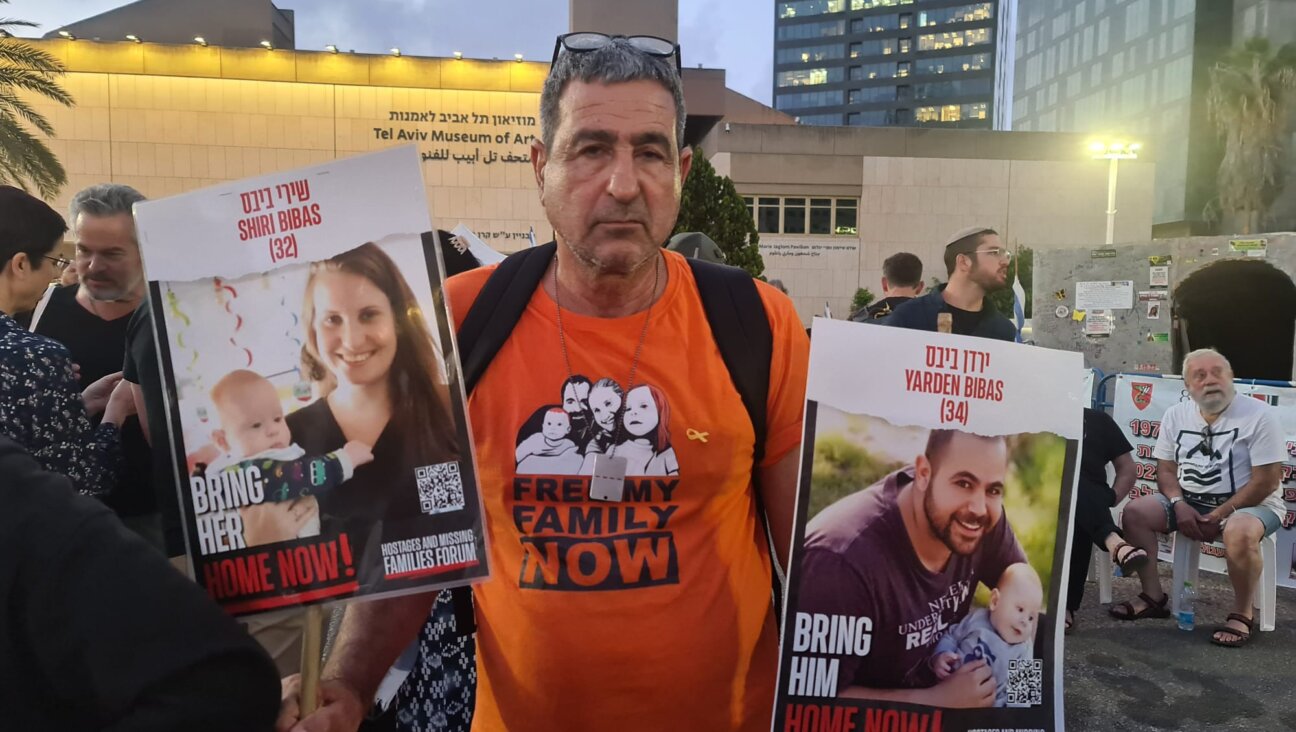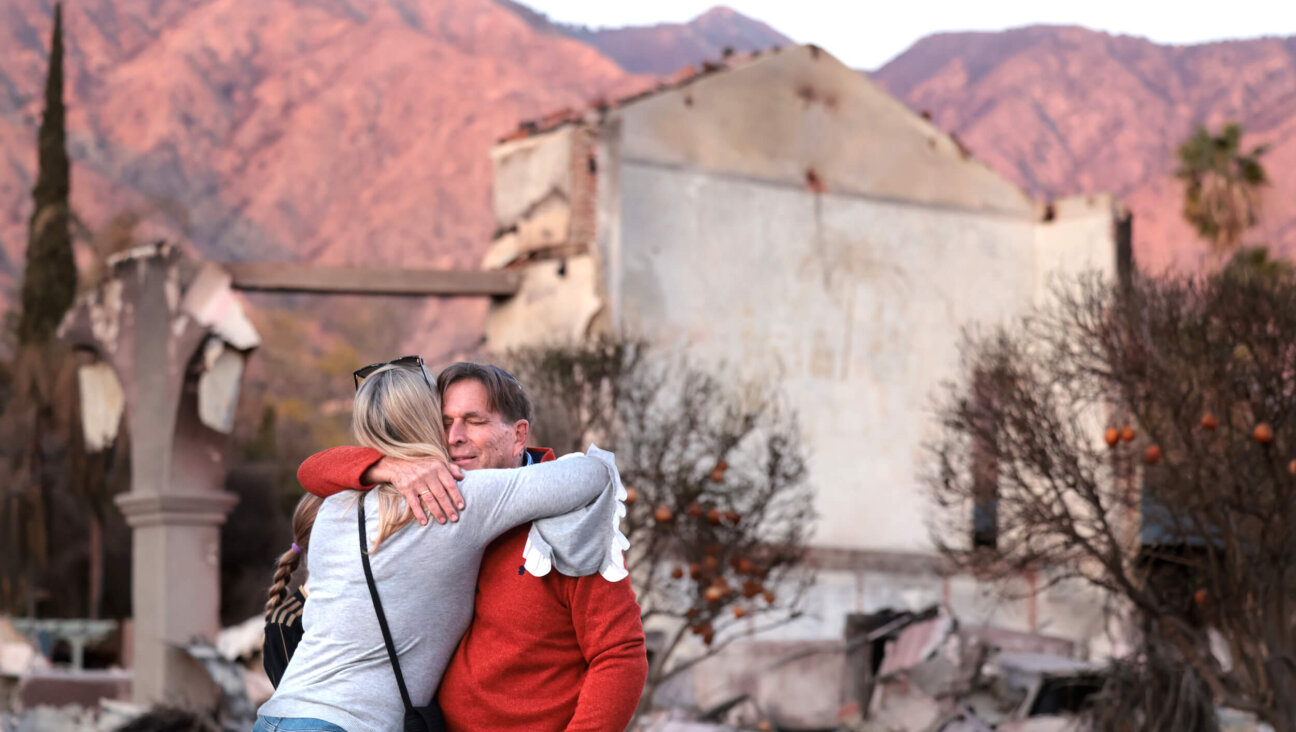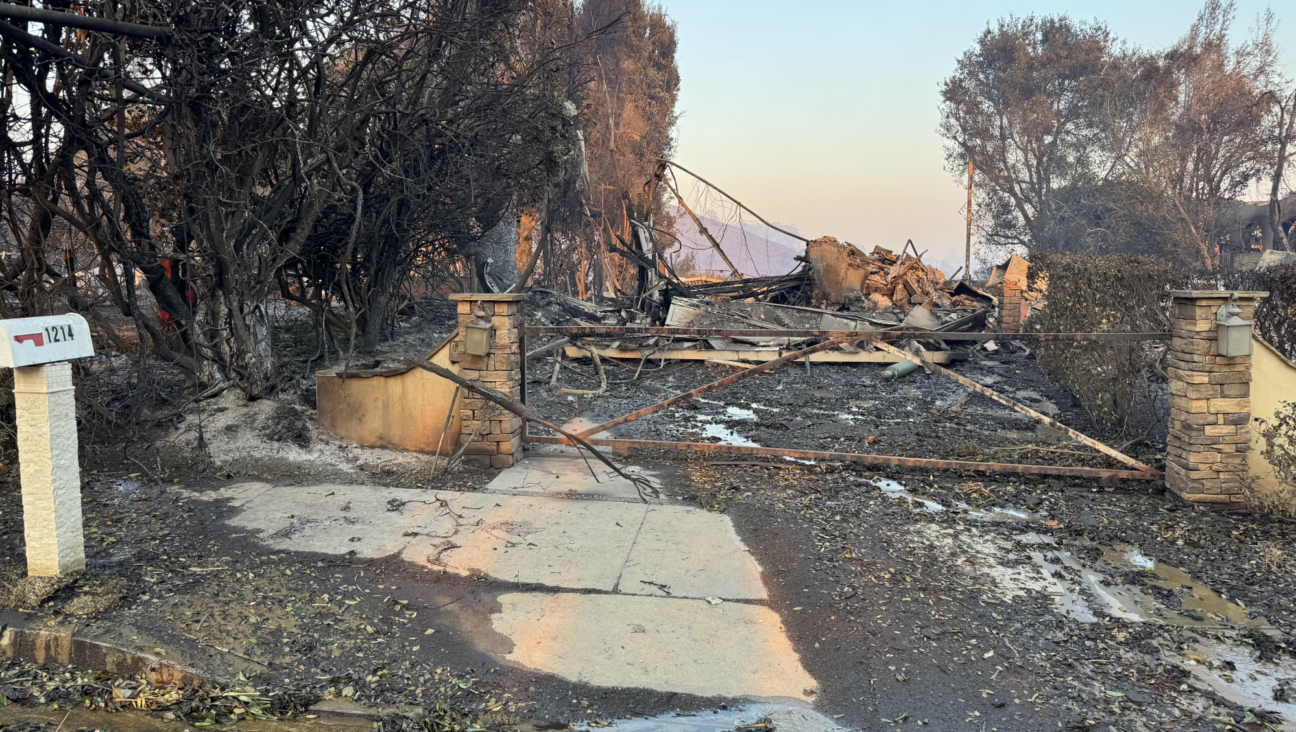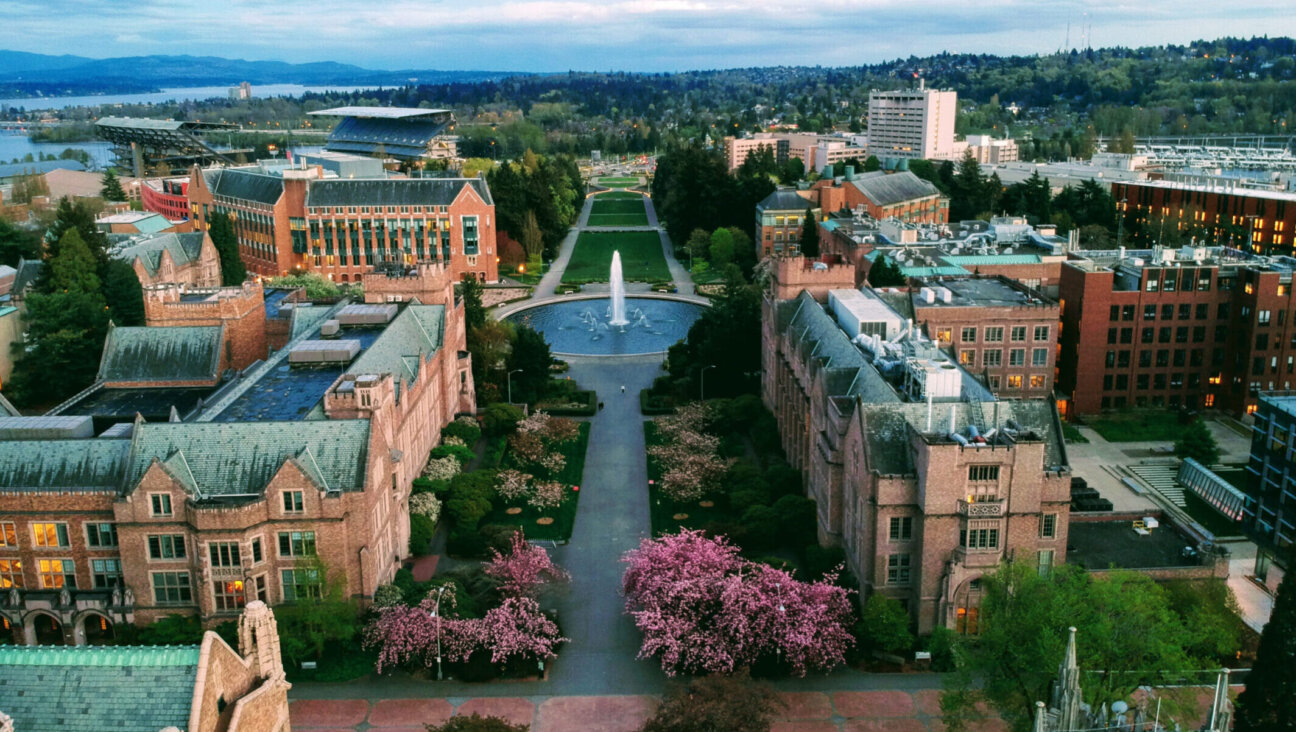What voting in Israel during a gap year taught me about democracy

Electoral workers count ballots in Israel’s general elections in Jerusalem on March 25, 2021. By Emmanuel Dunand/Getty Images
Gap years, and elections, are life changing.

Electoral workers count ballots in Israel’s general elections in Jerusalem on March 25, 2021. By Emmanuel Dunand/Getty Images
For a Jewish teenager, a gap year in Israel can change their perspective on all walks of life. From learning about the Israeli-Palestinian conflict to realizing what living on a budget means, there are endless opportunities to learn and grow. And each experience is different. For some students who came directly after the 2014 Gaza War, the year was filled with tension. Students who finished the 2019-2020 year amid the beginnings of the COVID-19 pandemic had to face a different set of challenging times and experiences.
This year, as Israel grappled with the pandemic and decided to go to its fourth elections in two years, I’ve been pursuing my own gap year. I’m an American-Israeli citizen, and was excited to get to vote in person. It was new and exciting, and I felt like I could help create change.
But the national mood was one of annoyance and helplessness. Having had three previous elections do nothing, there was not a lot of hope that a fourth would do any good. Any time I asked someone what they thought about the election, they would say how it wasn’t going to do any good and how Israel was getting nowhere. This came from both sides of the aisle, so to speak.
My gap year program, Young Judaea Year Course, hosts a large group of dual American-Israeli citizens like me. Many did not know that they could vote, or how to do so. I knew that as a citizen I had the right, but I did not know where to go or how to do it. I began reaching out to people to figure it out. Once I had the right answer, I shared the information with friends on my program, as well as friends on other gap years. It was an amazing and gratifying experience to help so many people exercise their civil right to vote and be part of the Israeli democracy.
The differences between voting in America and voting in Israel are astounding. Partially due to the nature of having four elections in two years, but also due to cultural differences, the environment in Israel was much more subdued during the entire election cycle than it is in America. As I walked to the voting station, I could have forgotten that it was election day. Only when I go the rows of signs right outside the building would I have remembered.
The voting system in Israel is also remarkably less difficult to access, in my experience, than that in America. It’s probably harder to sign up for a supermarket rewards program in America than it is to vote for Knesset in Israel. I had to show a government ID, which was easy since all citizens have one — that was it. But the elections are still secure. All ballots were double sealed in secrecy envelopes. If citizens cannot make it back to their hometown to vote, I learned, there are special voting places in every municipality where people who are not residents of that area can go to vote.
With the ease of providing the right identification to vote and the convenience of polling places, voter turnout is much higher in Israel than it is in the United States.
Another crucial piece I had known about but not really understood before voting in Israel is the strategy behind voting in a parliamentary system. Unlike the two-party system in the United States, in Israel, if my values align more with party A, but I think party B will gain more seats and have a greater chance of making change, I may vote for party B even if I sometimes disagree with them. To go one step further, if I want party C to be in the government because they bring important ideas to the table, but I’m not sure that they will make the threshold to obtain seats in the Knesset, I might vote for them even if I like party A and B more.
As different parties attempt to form coalitions, I can see the politics play out in real time, and change my voting plans in response.
Whether during election years or not, I think Israeli gap years should teach participants more about the political system. It’s a great opportunity to open up discussions about the different groups that make up Israeli society, and how they co-exist. Having to form a coalition in the parliament brings all types of people together. It is a team building exercise to the fullest extent. Voting in Israel has shown me, and can show future gap year students, the values of working together towards a common goal. Importantly, it has also demonstrated how there are always many challenges on the way to reaching that goal. The elections here have been a great example of this, and I feel grateful that I was able to be in Israel during this important time and learn firsthand about this process.
Yoav Susskind is participating in a gap year program in Israel before enrolling in Muhlenberg College.
A message from our Publisher & CEO Rachel Fishman Feddersen

I hope you appreciated this article. Before you go, I’d like to ask you to please support the Forward’s award-winning, nonprofit journalism so that we can be prepared for whatever news 2025 brings.
At a time when other newsrooms are closing or cutting back, the Forward has removed its paywall and invested additional resources to report on the ground from Israel and around the U.S. on the impact of the war, rising antisemitism and polarized discourse.
Readers like you make it all possible. Support our work by becoming a Forward Member and connect with our journalism and your community.
— Rachel Fishman Feddersen, Publisher and CEO












